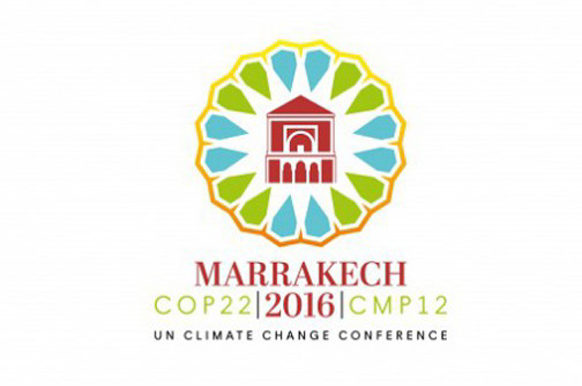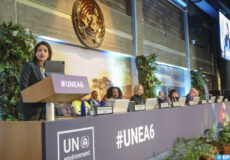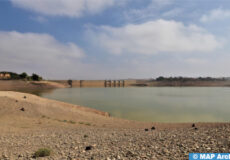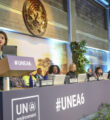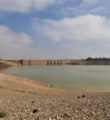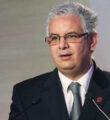COP22: WBA Urges Delegates to Push for Carbon Tax
Marrakech 12/11/2016 (MAP) – The World Bioenergy Association (WBA) has called on the delegates attending the COP22 in Marrakech to act now with a managed yearly decline of fossil fuel use and implement a carbon tax in each country to achieve the targets of the Paris Agreement.
In such a scenario, bioenergy in combination with other renewables should play a crucial role, the organization said in a Declaration to COP22.
“With the current rate of emissions, the world will use up its carbon budget in the next 20 years and some countries are still investing in new fossil fuel infrastructure which will create lock-in effects for many years,” the WBA pointed out.
“Fossil fuel subsidies still exist and policy incentives for renewables are not being promoted at the required pace,” the source added, noting that the Intended Nationally Determined Contributions (INDC’s) are insufficient to achieve the targets of the Paris Agreement.
However, the cost of renewables is falling rapidly and in some countries, they are cheaper than fossil fuels and there are many success stories from countries, provinces, cities and villages where renewables working together are demonstrating a low carbon energy society which is environmentally friendly, economically viable and socially acceptable.
“Creating a carbon tax in each country is the most efficient way to apply polluters pay principle to the climate issue. It is the simplest way to reduce fossil fuels, improve energy efficiency and make renewables more competitive,” the WBA said.
The organization also proposed a change of perception from greening fossils to removing fossil fuels, saying that “a fossil exit strategy for all countries with a managed reduction of fossil fuels is absolutely critical.”
“Technologies like clean coal and carbon capture etc. will only increase fossil fuels use and will not assist in climate issue. These fossil technologies are expensive, only exist in pilot plant level, not commercially viable and it is dangerous to depend on such unproven technologies,” the source went on, noting that investing in new fossil fuel infrastructure, for e.g. natural gas pipelines will create lock in effects and stranded assets.
The organization underlined the need of promoting all renewable energy technologies, saying that “all renewable energy technologies including solar, geothermal, hydro, bioenergy and wind in all regions and countries should be developed rapidly according to their specific regional potentials.”



